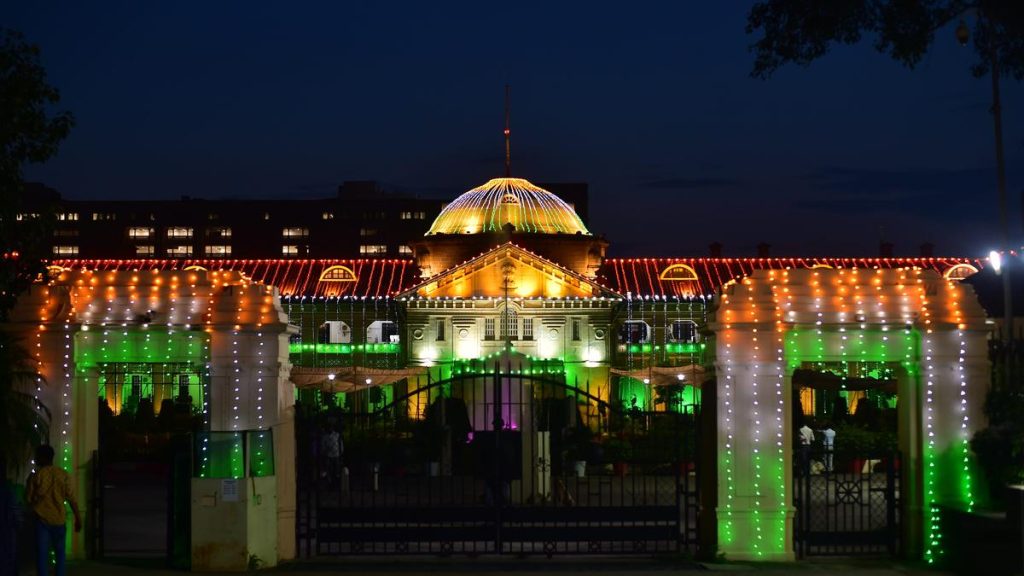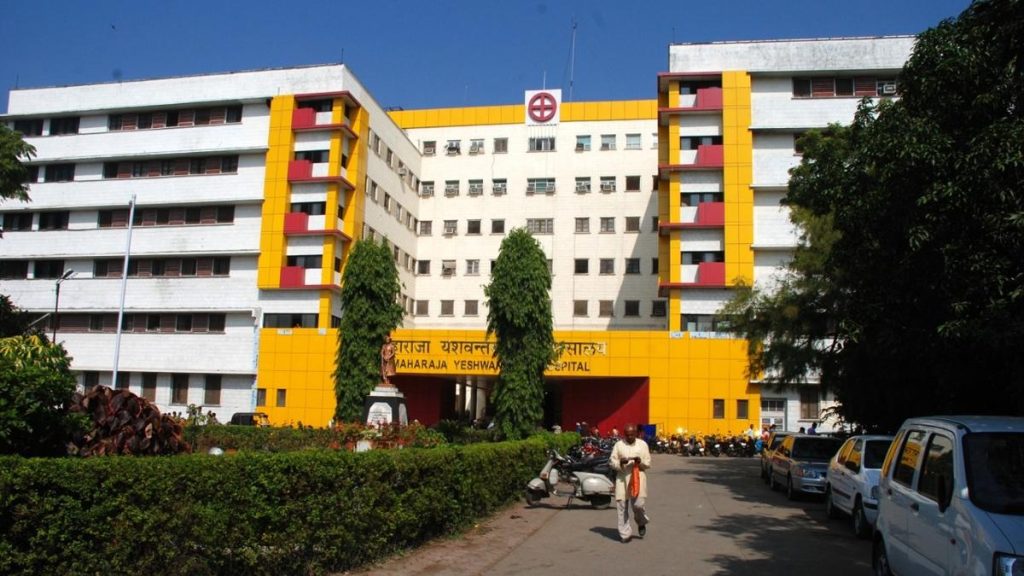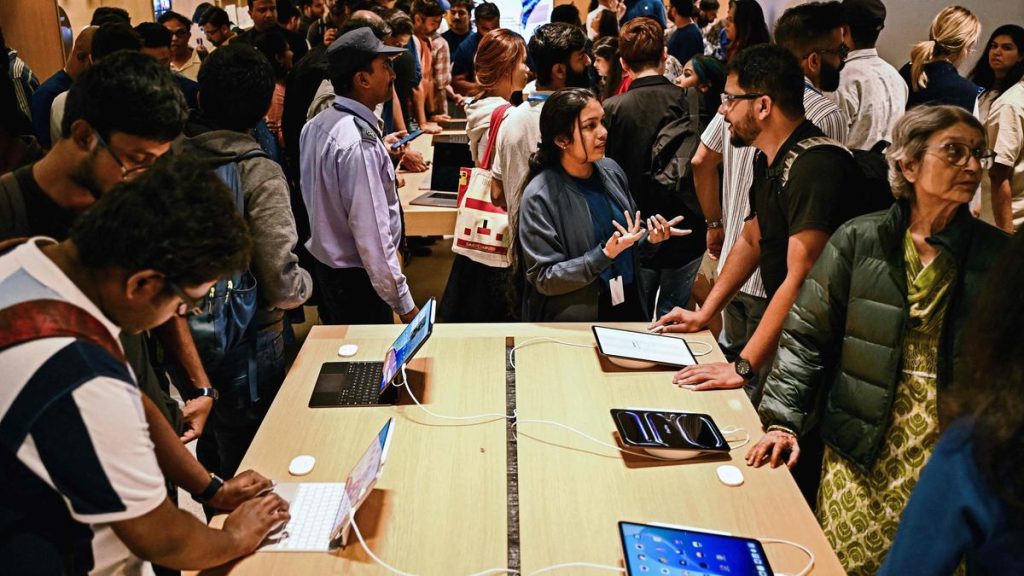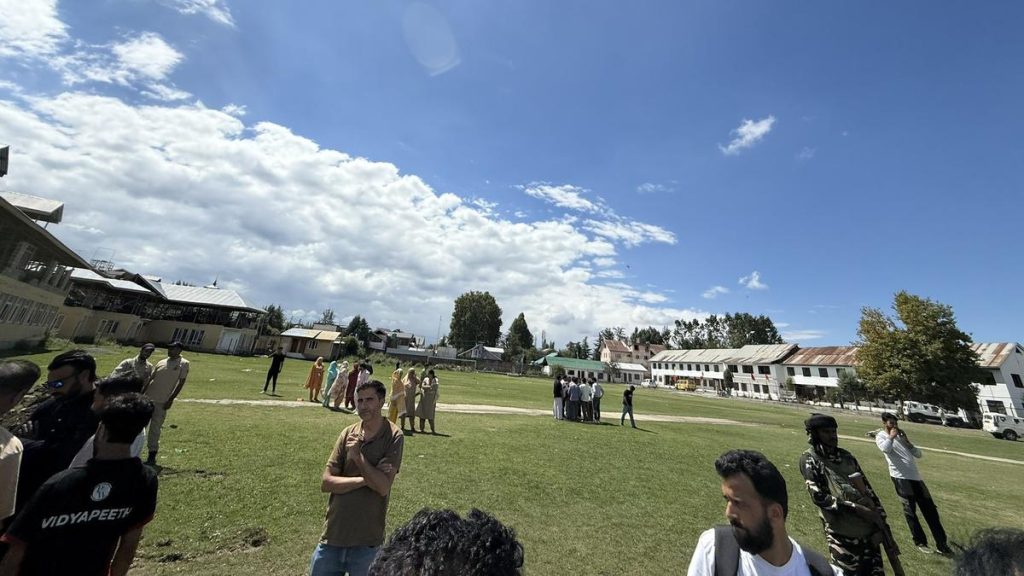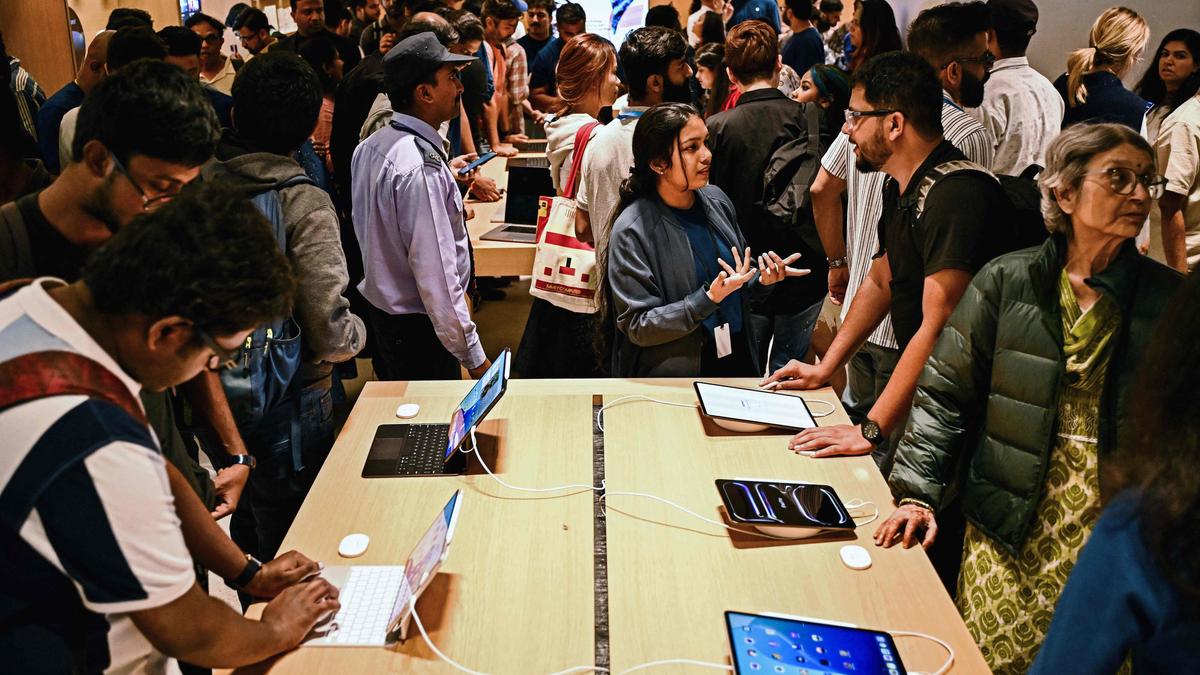Now Reading: Madras HC Orders Probe into Alleged Police Excess During Chennai Workers’ Protest
-
01
Madras HC Orders Probe into Alleged Police Excess During Chennai Workers’ Protest
Madras HC Orders Probe into Alleged Police Excess During Chennai Workers’ Protest
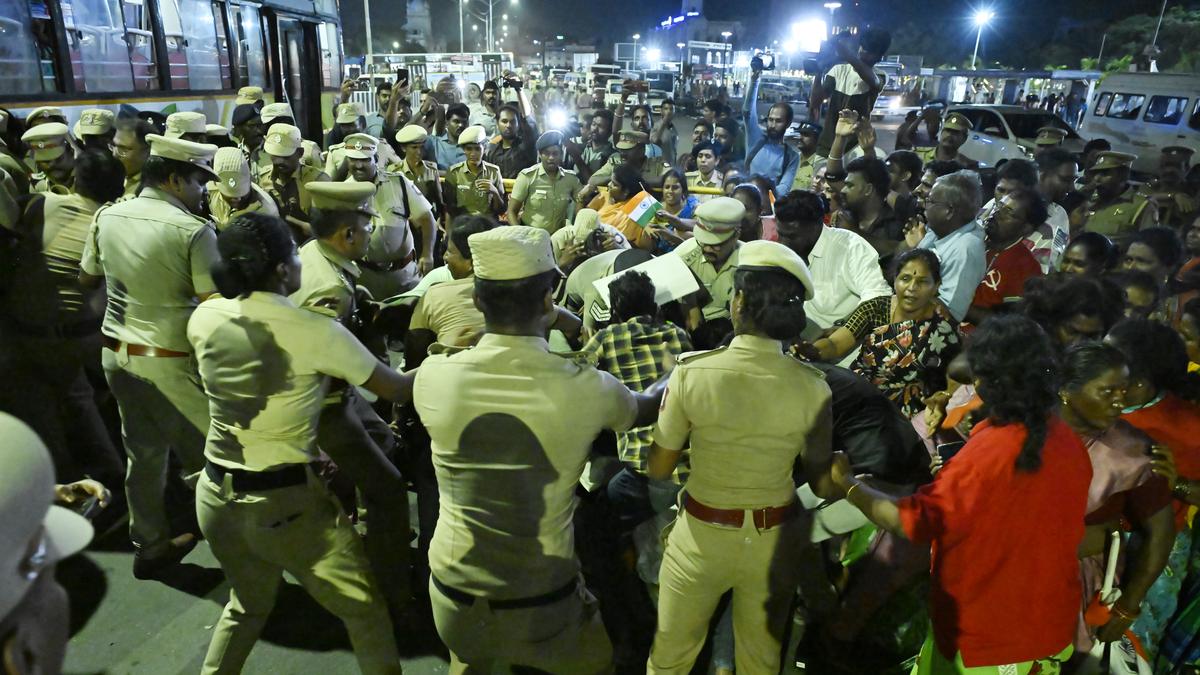
Quick Summary
- The Madras High Court appointed a retired judge, V. Parthiban, as a one-man commission to investigate allegations of police excesses during the Greater Chennai corporation (GCC) conservancy workers’ protest near Ripon Building.
- The legal inquiry will address claims that police assaulted lawyers and law students who were assisting the protesting sanitation workers, detained after their 13-day exhibition against privatisation of jobs and demands for permanent positions.
- Interim orders for the release of arrested lawyers and law students had already been issued by the court. However, judges urged further fact-finding into events on August 14 when protests were forcefully dispersed by police.
- The Tamil Nadu State Legal Services Authority was directed to provide logistical support for inquiry proceedings, while an initial honorarium of ₹2 lakh is to be paid to the retired judge via the Greater Chennai Commissioner of Police.
- Lawyers narrated alleged brutal treatment by officers during their detention before High Court judges on September 2, calling for an impartial inquiry.
Indian Opinion Analysis
This development underscores major societal tensions concerning labor rights in India’s urban zones. The outsourcing debate reflects growing concerns about job security in public sectors like sanitation. Meanwhile, allegations against law enforcement highlight potential human rights issues tied to policing methods during civic unrest – themes meaningful not just locally but throughout India’s governance framework.
The judiciary’s proactive approach demonstrates its critical role in addressing clashes between state policy and citizens’ entitlements. By appointing an independent commission led by an experienced authority figure (retired Justice Parthiban), this decision seeks accountability through transparency without preconceived judgment on either side’s assertions regarding violence or procedural irregularities.
Furthermore, ensuring swift reporting from such inquiries may set ethical benchmarks for handling similar disputes across regions in future while reinforcing institutional trust amidst public dissent dynamics.


